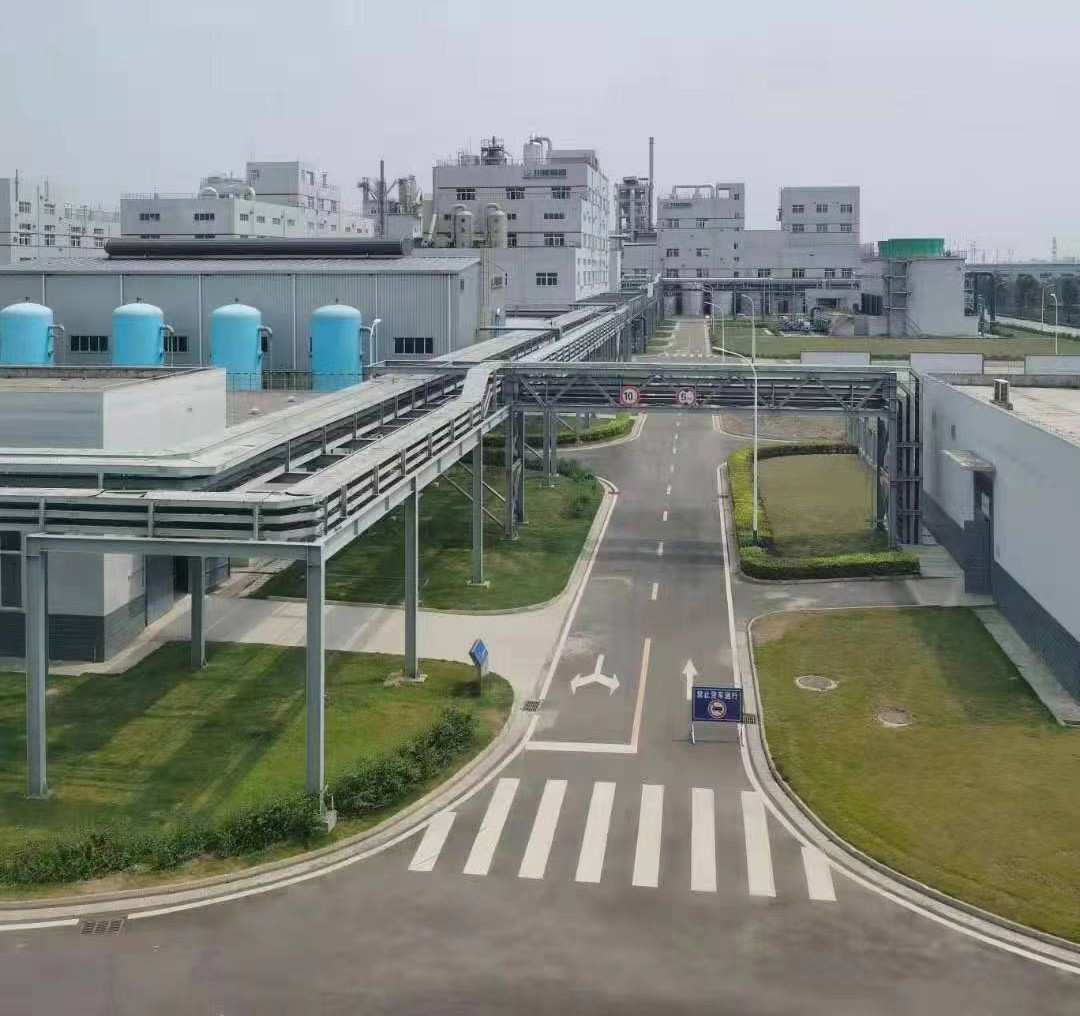Lithium hydroxide batteries: Drivers of a sustainable energy revolution
Dec,21,23
Lithium hydroxide battery is a high-performance secondary lithium ion battery. It uses lithium hydroxide as the anode material of the battery, and realizes the storage and release of electric energy through the embedding and de-embedding of lithium ions. Compared with traditional lead-acid batteries and nickel-cadmium batteries, lithium hydroxide batteries have higher energy density, longer cycle life and lower self-discharge rate, which makes lithium hydroxide batteries have great advantages and application potential in the field of sustainable energy.
Lithium hydroxide batteries are of great significance in the field of electric vehicles, especially as global concerns about environmental pollution and dependence on fossil fuels intensify, electric vehicles have become an important option for reducing tailpipe emissions and carbon footprint. As the main power source of electric vehicles, lithium hydroxide batteries have high energy density and long range, which can meet the needs of people's daily driving. Lithium hydroxide batteries also have the characteristics of cyclic charging and discharging, fast charging and good safety, which provide a solid foundation for the popularization of electric vehicles.
Lithium hydroxide batteries play an important role in the field of renewable energy storage. With the rapid development of renewable energy sources such as solar and wind, energy storage technology is crucial for balancing the difference between energy supply and demand. Lithium hydroxide batteries can realize a continuous supply of clean energy by converting solar and wind energy into electricity for storage. The fast response time and high efficiency of energy conversion of lithium hydroxide batteries make them an ideal solution for regulating the load on the power grid and providing emergency backup power.
People for lithium hydroxide battery energy density, charging and discharging rate, cost-effective and sustainability requirements are also increasingly high, researchers continue to improve materials, battery design optimization and process innovation to improve the performance and reliability of lithium hydroxide batteries, the emergence of new energy storage technologies, such as solid-state batteries and sodium-ion batteries, etc., will provide more possibilities for the further development of lithium hydroxide batteries. .






